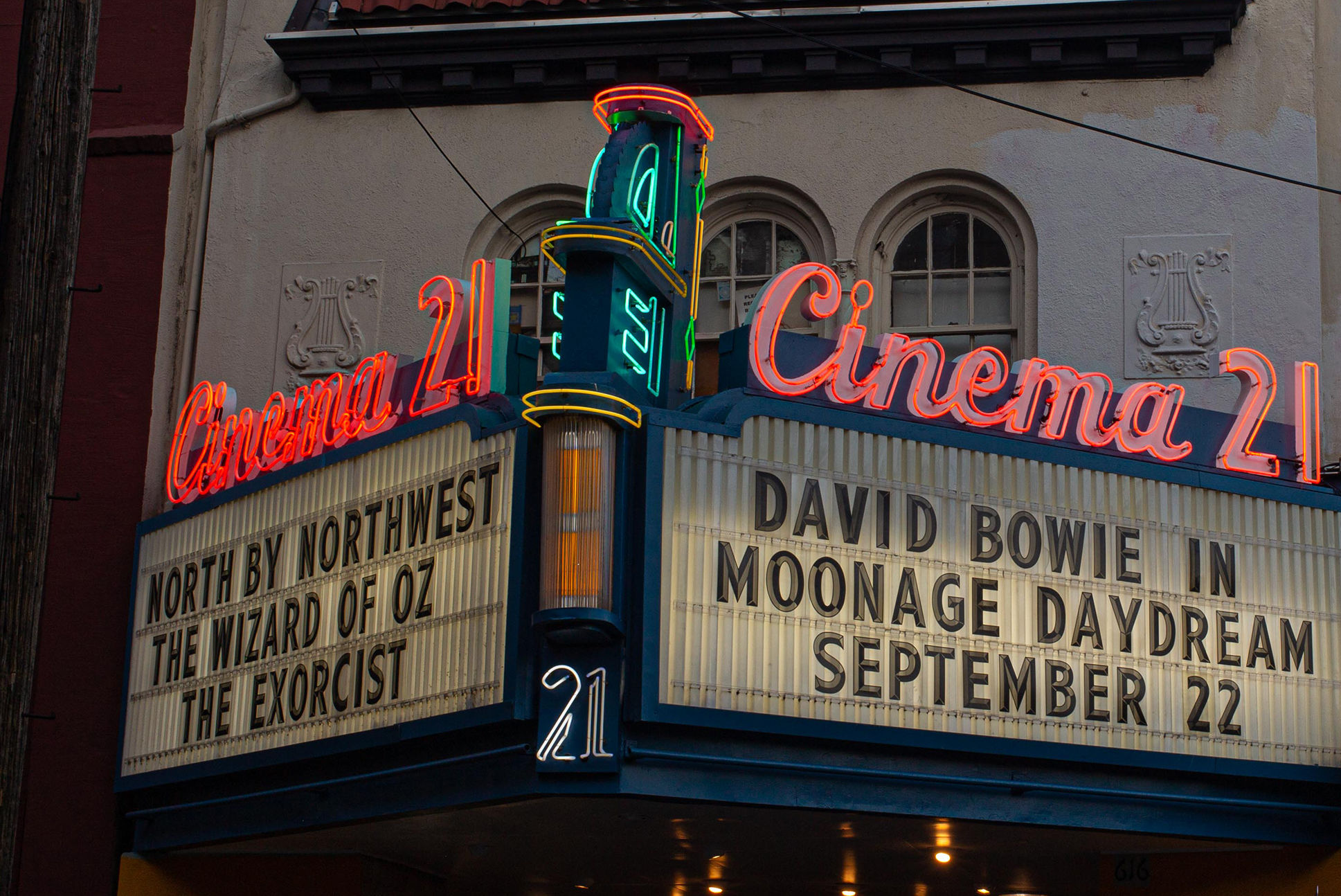The Path Forward for the Oregon Shakespeare Festival

At the dawn of the pandemic, the Oregon Shakespeare Festival prepped a two-month fall season that would skirt its lucrative summer months but maintain, in truncated form, the work the company had prepared. Then, by April, the festival laid off 80 percent of its staff and scrapped that fall season, solidifying 2021 as the earliest date it would reopen to patrons.
Image: Hayley Doshay
For all its sound and fury, the Oregon Shakespeare Festival sure signifies something.
“If we had a National Theater, OSF would be our National Theater,” says artistic director Nataki Garrett, who took the reins of the organization last year. OSF churns roughly 120,000 people through its three Ashland venues every year, to say nothing of the droves who attend its educational programs. From 1949 to 1951, Bing Crosby was the festival’s honorary director. In recent years plays it has commissioned have gone on to win Tonys and Pulitzers. It is, in short, a big deal.
Which is why its COVID closure is worth writing home about, especially stacked against the multimillion-dollar losses the company has sustained since 2018 from wildfires whose smoke hindered travel and shut down outdoor performances. At the dawn of the pandemic, OSF prepped a two-month fall season that would skirt its lucrative summer months but maintain, in truncated form, the work the company had prepared. Then, by April, the festival laid off 80 percent of its staff and scrapped that fall season, solidifying 2021 as the earliest date it would reopen to patrons.
As arguably the Northwest’s sturdiest theater company, OSF and its path forward are bound to become the blueprint for other arts orgs in the region looking to rebuild postpandemic. That path? Get real.
“There’s a generation of people on the streets right now who are saying, ‘Everything has to shift. If you don’t shift it, we won’t come,’” Garrett says. “And the future of the American theater rests on their willingness to come across the threshold.” So she’s calling them over.
When she applied to lead the company, Garrett campaigned to expand its digital offerings. “Theaters have been exclusivized spaces for a long time,” she says. “If you work night hours, and theater only happens at night, you can’t come to the theater. If you have a domestic setup where you have to take care of other people, you can’t come to the theater. And yet theaters across the United States keep positing that they’re serving everybody.”
After assuming her position last fall, Garrett got to work launching O!, a digital platform that includes educational resources, critical discussions of Shakespeare texts, and archived OSF productions, which Garrett plans to expand by dropping videos of the 2020 season’s unperformed titles. It’s no replacement for live theater, but it is an expansion that similarly sized companies across the country are experimenting with—an especially important move to stay in touch with OSF’s older-skewing base, many of whom may stay away due to medical concerns even after the festival reopens, but are key to keeping it financially afloat.
To that end, while she courts a younger audience, Garrett stresses the importance of financial relief for the arts at a policy level. Meanwhile, she’s planning a comeback season, which she readily admits the headlines will shape. Shakespeare remains some of theater’s most malleable material, but she’ll also be leaning on contemporary stories from voices of color, like Lynn Nottage’s Sweat, which premiered at OSF in 2015 and went on to scoop up the 2017 Pulitzer for drama.
“As a Black woman at the helm of one of the largest theater operations in the United States, I have a personal responsibility to make sure the stories of the people get told,” Garrett says. “[That] the people who are used to reflecting have an opportunity to witness other people’s existence, and the people who are normally in the position of witnessing have an opportunity to reflect on what their lives are and understand their tangibility and know that they are valued. That’s the paradigm that’s about to shift across the American theater.”




